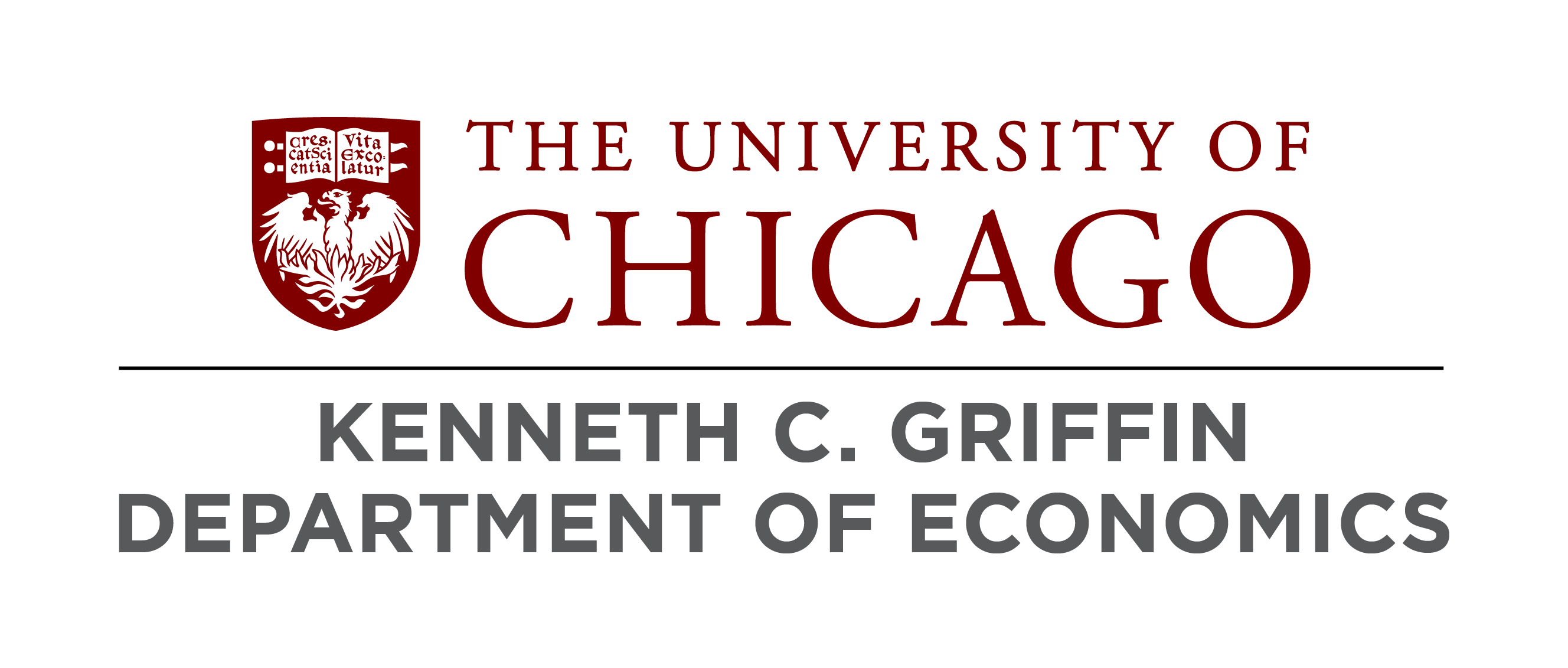PROFESSOR MICHAEL KREMER DISCUSSES POVERTY AND PANDEMICS ON "BIG BRAINS" (2021)
PUBLISHED ON APR 15, 2021
In Episode 66 of the University’s “Big Brains” podcast, Kremer sat down with host and Vice President for Communications at the University of Chicago, Paul Rand. When thinking of professionals who work on the ground to address and combat poverty, “economist” is not likely a profession that comes to mind. However, Nobel Prize-winning economist, Michael Kremer, is on a mission to change that. In fact, he and two MIT scholars won the Nobel Prize in 2019 because of their experimental approach to alleviating global poverty. He explained the experimental approach, “You’re spending time in the field, talking to teachers, to students, to farmers, to nonprofit organization workers, or government workers, and that gives you a richer sense of context.”
Prior to attending grad school, Kremer was a high school teacher in Kenya, where he later returned after learning about an idea from a connection at the International Child Support Fund Africa for how to improve schools there. Students did not have access to enough textbooks, so Kremer and his team established a randomized control trial to evaluate the impact of increasing the number of textbooks in some schools, while maintaining a control group of schools unchanged. “That allowed us to compare the schools that got textbooks from those that didn’t. And having taught high school in this area, I was initially really surprised when we saw the results. So we looked at the impact on average test scores and we didn’t really see any impact,” Kremer said.
Rather than taking these findings at face value, Kremer and his team decided to dig deeper into what root issues were causing lack of change in test scores. Through their on-the-ground work, they discovered the problem was less likely to be lack of access to textbooks and more likely to be lack of access to curriculum that catered to student needs.
Kremer also did a randomized control trial in Kenya examining the impact of deworming children. And, as a result of deworming, Kremer stated, “What we found was we saw that school absences went way down by about a quarter.” Twenty years later, the same students impacted by the deworming study experienced roughly a 15% increase in earnings.
Insofar as the impacts on the field of development economics, Kremer believes that studies like these provide proof that health interventions should be preventative and free, and that it is crucial to understand the communities and people with whom you work.
Kremer has also done work in the U.S., going back to his Kansas roots to examine the impact of providing information to farmers through mobile phones. Delivery of this information impacted farmer behavior enough to yield a large benefit-cost ratio. As a result, Kremer assisted in the establishment of an NGO, Precision Agriculture.
One other extraordinarily relevant area Kremer is involved in is in the economics of vaccines, developing the Advanced Market Commitment model which was used for the pneumococcus vaccine. Rand expounded, “Advanced Market Commitments are essentially contracts usually offered by governments or donors that guarantee a viable market for a vaccine once it’s successfully developed” because, typically, companies only want to invest time and money in creating vaccines they can make money on. The approach was successful for the pneumococcus vaccine and, with the advent of COVID-19, Kremer recognized the same issues around incentives within the private sector.
In the context of COVID-19, Rand explained,
“Kremer was arguing that we needed to commit to investing in vaccine production capacity, even before we had a viable vaccine, so we could shave months off the wait for vaccines. This largely didn’t end up happening, and Kremer says we could have ended up in a situation where we were waiting even longer than we are now to vaccinate everyone. We just got lucky… Kremer says that the lessons we learned here are vital and that in the future, like with Advanced Market Commitments, vaccine buyers should invest in manufacturing capacity early for the right to buy doses at marginal cost. But the issue of how to ramp up COVID-19 vaccine production today is still far from over. Although wealthy Western countries are expecting to be vaccinated by summer, this is not the case for developing countries. Kremer’s team is still working to think of ways to make production even more efficient.”
As for the future, Kremer is launching the Development Innovation Lab as part of the Becker Friedman Institute. Part of the mission of this lab is to use the tools of economics to tackle practical problems.
To access the full episode of the Big Brains podcast, and the episode’s transcript, please visit here.
 THE UNIVERSITY OF CHICAGO
THE UNIVERSITY OF CHICAGO

